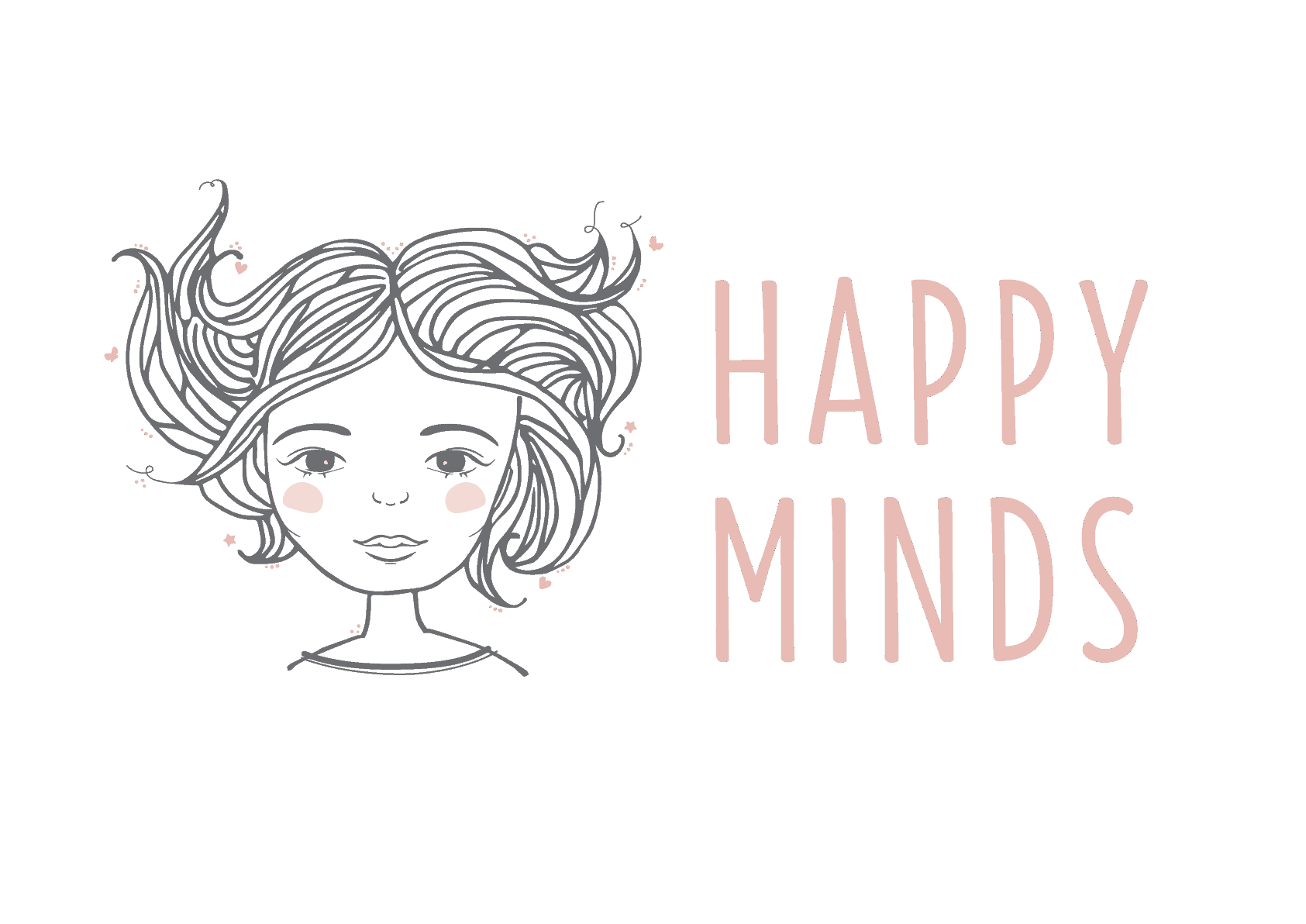It may be an understatement to say that being a new parent is both incredible and incredibly hard. And – despite the incredible side of the equation; the incredibly hard portion of new parenting can wreak havoc on even the most stable of relationships. Numerous studies have shown that couples are less satisfied with their relationships, and less happy overall after they have children. How best then to navigate this terrain? Is it possible to maintain, nurture and strengthen our relationships when baby makes three? Of course it is – but it’s going to take work and bucket loads of patience!
How a new baby can impact a relationship
Welcoming a new baby is obviously a life-changing event. It is important to acknowledge the changes as they occur, and – most importantly – to keep communicating through the various huge adjustments that need to be made. The changes you may experience include:
Lack of sleep
This is the big one, and many issues between new-parent couples stem from a lack of nourishing sleep.
Lack of intimacy
Often stemming from the aforementioned lack of sleep – as well as other issues, including postpartum body changes and the possibility of vaginal dryness while breastfeeding – physical and sexual intimacy can often be at their lowest ebb when couples are adjusting to parenthood.
Post-natal changes to self-identity
Feelings of identity loss can arise when baby arrives, as dominant roles within the home morph from ‘friend’ and ‘lover’ to firstly (and often primarily) ‘parent’ and ‘caregiver’.
Divergent parental expectations (often about ‘who should do what’)
Unmet (and/or unrealistic) expectations often breed resentment, which can quickly develop into relationship conflict.
Divergent parenting ideas
Before bub, it is easy to assume that you and your partner will be on the same page when it comes to parenting. Once you’re in the thick of it, however, you may come to realise you don’t always see eye-to-eye. Compounding this, sometimes one parent; often whoever is doing the lion’s share of care – can see themselves as the superior parent, leading to the mediation of their partner’s interactions with their child (also known as ‘gatekeeping’, which can easily be construed as nitpicking).
Changes in financial status
As well as the expenses that arise with the arrival of a baby (including the possibility of requiring a larger home as children grow up), changes in each parent’s financial situation may also impact them emotionally – with one partner possibly feeling a loss of financial independence if they are staying at home, and the other feeling the pressure of having to provide for the family.
Tips to maintaining a healthy relationship after having a baby
Communication is key
The most important thing we can stress here is that communication is key. Communication, however, can become transactional, and if you’re only talking about who’ll change the next nappy and who’ll cook dinner, that’s not necessarily going to help. The communication here needs to be open and supportive – avoiding criticism and blame wherever possible – so that you can actively gain an insight into each other’s needs and perspectives. This communication is about looking after your relationship, not just after your baby (and probably works best if you make time to talk when you’re both feeling calm).
Share your responsibilities
Another way to gain insight into each other’s perspectives is to actively share – and switch up – your responsibilities. This not only means the boring chores aren’t always left to one person (I’m looking at you, mountains of washing!), but also means both parents feel capable of doing all the jobs – avoiding any thoughts of, ‘I always bathe bub, so only I know how to do it properly’ and/or ‘I never bathe bub, so I wouldn’t know where to start.’ Remember: there are more ways than one to do something right – and (as long as safety always comes first) having each parent tackle baby’s care in slightly different ways will also go towards stimulating bub’s brain development.
Plan ahead
There’s not a lot of romance in logistics, but scheduling and planning ahead can strengthen your relationship. Part of maintaining a healthy relationship is making time to be together as a couple, but this doesn’t have to mean planning big things. The pressure, for instance, of planning a lengthy date night might feel too much right now, but planning for a series of important smaller interactions can have huge relationship benefits. Set aside ten minutes tomorrow night, say – as soon as bub is asleep and ignoring all chores – to spoon with your partner or to hold hands and look into one another’s eyes. (Numerous studies have shown that touch and eye contact create and increase feelings of closeness.) These small planned intimacies can add up, building your physical intimacy towards great sexual intimacy when you’re ready for it.
Let others help you
In order to set time aside for your relationship, you may need to let others help you. Don’t feel bad about taking people up on their offers of assistance. Half an hour of nanna or grandad time for bub is half an hour for a walk with your partner – possibly even discussing things that aren’t baby related! It might also be time for you to have a nap, or some quiet time on your own – after all, nurturing yourself and creating individual wellness allows more space to then create relationship wellness.
Working on your relationship – seek support from a Geelong psychologist
There can be a temptation to let your relationship drift down your list of priorities after having a baby. This is a time, though, when there is definitely strength in a united front. Feeling appreciated, supported and respected by one another will not only help you individually, but will also help you be the best possible parents for your child.
Of course, there are huge challenges in looking after a baby – particularly in the first year – and relationships can suffer under the strain. Postnatal depression (PND) can also affect either parent, impacting individuals and relationships further. If you or your partner are experiencing any signs of anxiety or depression – or you just feel like a caring, impartial voice could assist you in navigating the intricacies of parenting – it may help to talk to a qualified therapist. The supportive counsellors at Happy Minds are here to listen, understand and – using evidence-based positive psychology modalities – support you and your partner in sustaining and strengthening your relationship.
Counselling sessions are available face-to-face in our beautiful Ocean Grove offices or via Telehealth across Australia. Call us on 03 5292 8833, email [email protected] or reach out through our online contact form.

